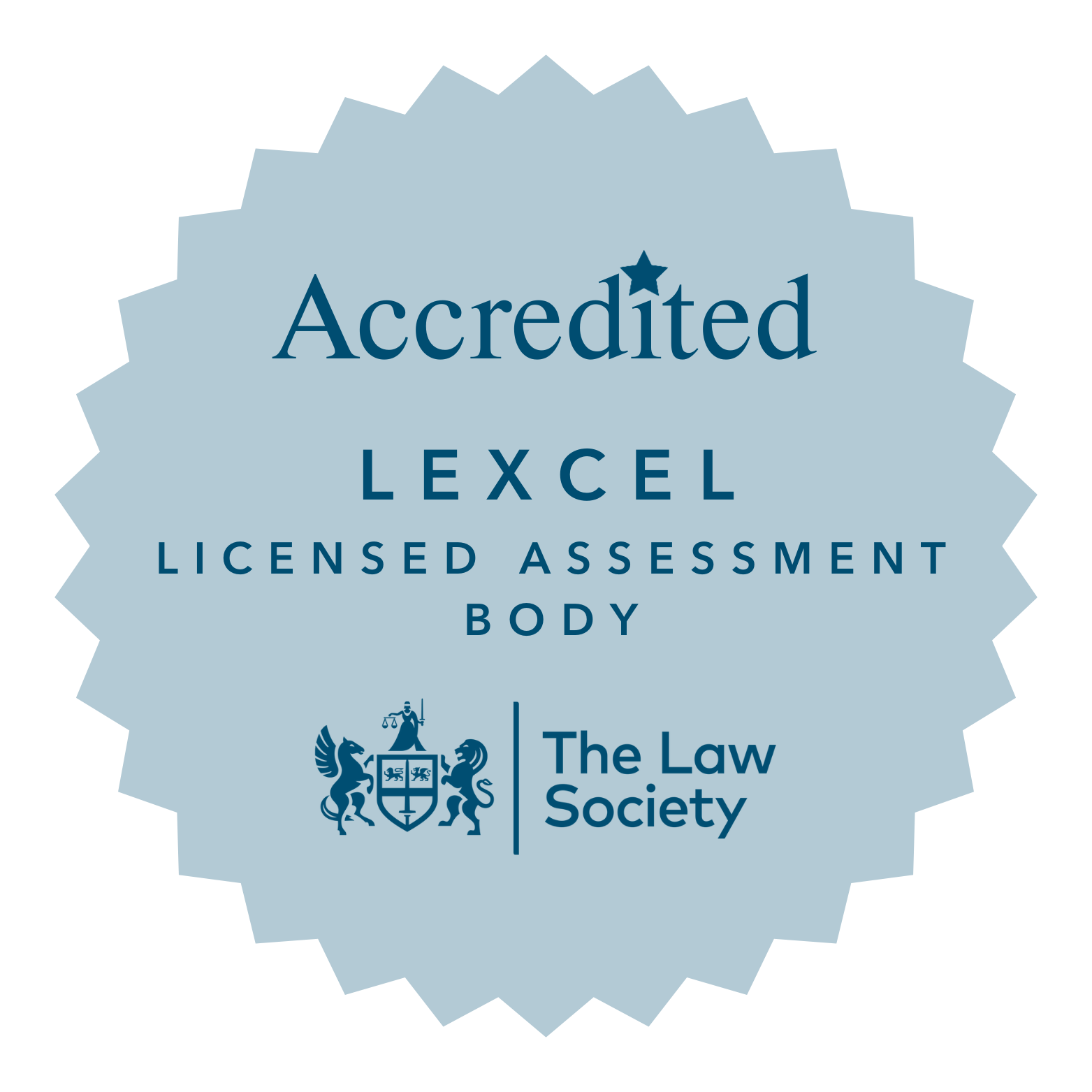A recent interesting case involving an application to the Court of Protection on behalf of the applicant (the husband), that the Health Board had acted unlawfully by (i) depriving a right to family life and (ii) depriving the right to freedom of assembly and association.
A 70 year old wife and mother of two had been diagnosed with Alzheimer’s disease in 2007 and was initially cared for by her husband. In November 2010 the wife left the matrimonial home and expressed her wishes to live with her son. When interviewed by social workers, it was concluded that the wife had capacity to take a decision as to where she wanted to live.
It was reported by a consultant in the psychiatry of old age – Dr J, that the wife had said that her husband had been ‘horrible’ to her family and that she wanted to come out of the marriage. Dr J concluded that the wife had the early onset of dementia but had the capacity in respect of residence and as to who she wished to see; and on the balance of probabilities decide whether she wished to divorce but did not have the capacity to litigate.
In March 2011, the wife issued divorce proceedings. These were defended by the husband that the marriage had not irretrievably broken down and denied any specific behaviour allegations raised against him. The husband claimed that the children conspired to end the marriage.
In June 2012 the wife’s health deteriorated and she was admitted to hospital and remained there. The husband was refused access to his wife in hospital on the basis that it was the wife’s instruction when she had capacity that she did not wish to see her husband, and the hospital refused any further visits that could potentially cause the wife distress.
District Judge Dawson, stopped the divorce petition on the basis that the wife did not have capacity to litigate and accordingly the Court of Protection had jurisdiction to deal with her welfare.
In defence to the proceedings, the Health Board said the actions complained of were taken on the express wishes and instructions of the wife when she had capacity. Alternatively they were taken in accordance with her best interest given her cogent expression of her wishes.
It was founded that the Health Board had not acted unlawfully in depriving the husband and/or his wife a right to family life. Equally, the Health Board had not acted unlawfully in depriving him and his wife of the right of freedom of assembly and association. The Health Board had acted lawfully. The evidence was included in various statements from social workers, the psychiatrist, medical staff, the son and a friend.
The application was dismissed.
It is said in the Judgement of Mr Justice Moore; “In deciding what is in her best interest, however, I take the clear view that her wishes and feelings as clearly articulated in her Advanced Statement are absolutely central to the matter. There would have to be some extremely compelling reason to go against such clearly expressed wishes. Moreover, in this particular case, I am absolutely satisfied that there is no such reason at all.”
This recent example just shows that the Court of Protection has to deal with some of the most difficult matters to go before the courts. The Mental Capacity Act 2005 aims to balance the principles of respect for (patient) autonomy and the best interest principle involving persons who do not have the capacities required to make decisions for themselves. This can be an emotionally challenging time for the families concerned.


